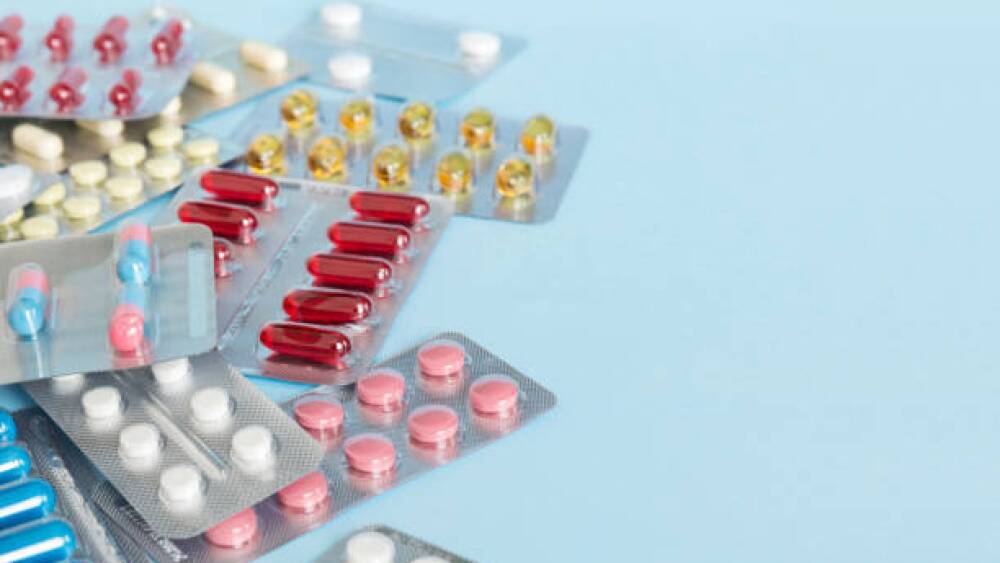
Metsera
NEWS
After a strong open to the year, the public markets suffered a six-month drought that led to biotech’s tightest IPO window in years.
Four of this year’s biggest acquisitions topped 11-figure figures. One was 2025’s messiest bidding war.
These deals radically reshaped the biopharma world, either by one vaccine rival absorbing another, a Big Pharma doubling down after another failed acquisition or, in the case of Pfizer and Novo, two heavyweights duking it out over a hot obesity biotech.
In the midst of regulatory and political upheaval, biopharma’s R&D engine kept running, churning out highs and lows in equal parts. Here are some of this year’s most glorious clinical trial victories.
Merck has made a $9.2 billion play for Cidara, and there’s another bidding war afoot, this one for sleep biotech Avadel. Meanwhile, Rick Pazdur has taken the helm at CDER while tensions run high between FDA Commissioner Marty Makary and Health Secretary RFK Jr.
Speaking at a conference this morning, Pfizer CEO Albert Bourla suggested that Metsera’s therapies could begin hitting the market in 2028.
While most BioSpace LinkedIn poll respondents believe the job market won’t improve until at least 2027, two industry experts are optimistic a turnaround could start sooner. They discuss early signals of recovery and challenges that remain.
In 2025, landmark obesity drug deals, China’s biotech surge, and AI’s deeper integration into pharma operations drove a year of transformation and renewed momentum for life sciences.
Pfizer seals the deal with Metsera for $10 billion after Novo Nordisk bowed out; President Donald Trump welcomes executives from Novo and Eli Lilly to the White House to announce that the companies’ GLP-1 medicines would be sold at a reduced cost; and the FDA grants the second round of priority review vouchers—primarily to already marketed drugs.
JOBS
IN THE PRESS









